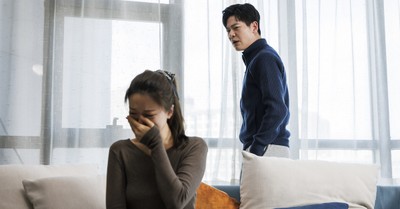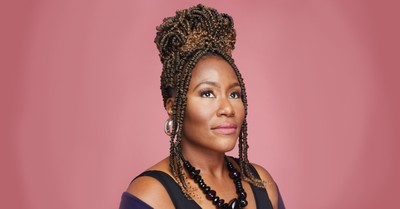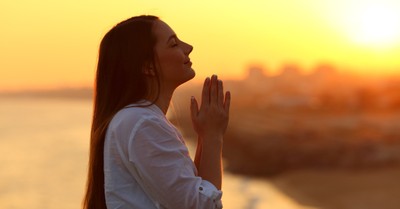‘The Future of the Christians in Egypt is Unknown,’ Interview with a Coptic Christian Activist
- Updated Oct 31, 2023
Coptic Christians make up Egypt’s largest ethno-religious minority and the largest community of Christians in the Middle East. Copts also face widespread persecution and discrimination for their faith. Global Christian Relief recently interviewed a Coptic Christian rights activist in Cairo who operates a nonprofit advocating for human rights for Christians and other minorities in Egypt. His name has been withheld for security purposes.
What difficulties do Christians in Egypt face? What does persecution look like?
In Egypt, faith-based discrimination is systematic and continuous. Christians have been treated as second-class citizens for decades, and Coptic Christians in Egypt continue to advocate for more rights. The discrimination we face is both overt and covert. For example, religious affiliations are placed on the national identity card in Egypt, which only furthers discrimination. I will walk you through some of the different sectors of our lives and what it means to be a Christian in Egypt.
Building churches is a difficult process. There are many villages in Upper Egypt without churches, as extremists in these villages would not allow churches to be built. Coptic Christians do not feel they can worship freely. In marginalized and remote villages, because there are no churches or places of worship, Christians must walk long distances to attend a church. Additionally, the issue of obtaining a license to build a church is extremely difficult and requires following complex legal procedures.
In these more rural areas, any kind of Christian religious activities can be protested. Even house church gatherings have caused religious mobs to gather and chant hostile slogans. The police intervene but often close the church to bring peace instead of dispersing the crowds. There are many churches now that have been closed and not yet allowed to re-open. They are waiting for an official decision or permission from authorities. There are thousands of churches in Egypt that have become part of the past, as these buildings often fall into total disrepair while the church waits for permission to rebuild.
Society prevents Copts from being equal in work and political practice. Copts are completely excluded from all decision-making and important institutions in Egypt: including the judiciary system, the legal system, intelligence agencies, national security, security services, and leadership in universities. We do not see Christians in these senior positions, as there is a ceiling for career advancement.
There is also discrimination and persecution of Christian students within the educational process in Egypt. The curriculum itself often contains derogatory or inciting language against people of other religions.
Another aspect Christians face in Egypt is the forced disappearance of Coptic women. The kidnapping of Coptic women is systematic, planned, and well-funded. Cases of these disappearances are frequent, and Christian families often do not find justice. These kidnappings take place in Cairo and throughout Egypt but are most common in Upper Egypt, where it is most dangerous to be a minority. Often, these women are minors. There have even been reports of forced conversions during these kidnappings. While Christian families do make police reports, these families often do not feel they receive the help or justice that their families deserve. Until the Egyptian government acknowledges and addresses this widespread problem, it will continue.
What challenges do people who become Christians from Muslim backgrounds face?
Muslims who choose to follow Jesus face many challenges. First, they are in danger of extremists who believe their role is to commit violence against them. They often live as displaced and unable to settle because of fear of retaliation from family or society. They often find difficulty finding work in both Muslim and Christian-run businesses and face the challenge of finding a spouse. Even most churches do not accept them, as Coptic Christians might fear that these converts may be security informants.
These former Muslims face many sufferings. What makes them stand firm and continue in their faith is that they followed Jesus out of conviction and love. The hope they have experienced encourages them to endure anything for the sake of Christ.
How do you envision the future of the Egyptian Church?
It is extremely difficult to change the ideologies of extremists, and unfortunately, these ideologies are still being passed from generation to generation. The future of the Christians in Egypt is unknown.
How can we pray for the Egyptian church?
I ask you to pray for all the persecuted Christians in Egypt: that God would support, strengthen, and protect them. Pray for the unity of Christians, the suffering, and the displaced, and for peace in the region.
Photo Courtesy: ©Getty Images/Roger Anis / Stringer
The views expressed in this commentary do not necessarily reflect those of Christian Headlines.
Global Christian Relief (GCR) is America’s leading watchdog organization focused on the plight of persecuted Christians worldwide. In addition to equipping the Western church to advocate and pray for the persecuted, GCR works in the most restrictive countries to protect and encourage Christians threatened by faith-based discrimination and violence.


















